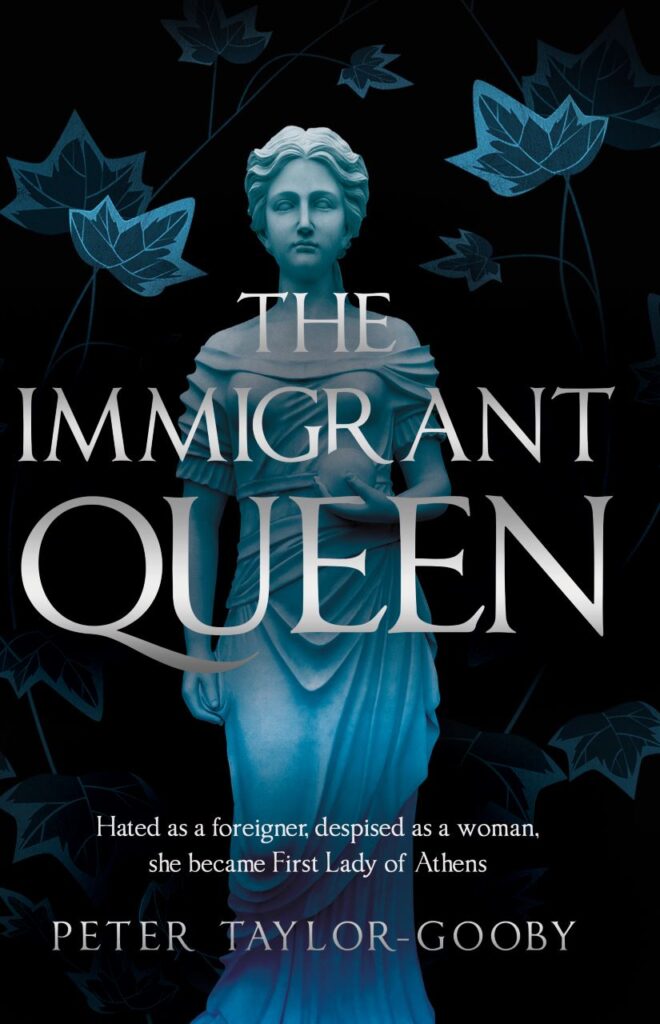1066 in historical fiction
Supposedly the last date when the English were conquered, 1066 has long been an iconic, favoured subject for historical fiction. It is a bloody, romantic, culturally fascinating, and important event on a truly European scale.
These are the main ways that writers have tackled the subject:
Invasion novels
From Norman or English point of view, novels have tackled the pivotal issue: how did William win? How did Harold lose? These books follow the strategic movements and highlight the turning points on the road to war, and are a strong subject for political and military novels.
Before and after novels
Again, either from the Norman or English side, novels have addressed the conquest on a more personal level. What is it like to be settled and Anglo-Saxon, then suddenly to live under different rule? What is it like to have been an adventurer knight and then to be trusted with becoming one of the rulers in a hostile country?
Many romances have been written with this subject, but it is also an imperialist subject that allows authors to address many questions of colonies and colonised.
Bayeux Tapestry novels
These can be as part of the earlier two categories but centre on interpretations of how one of the great resources for the period came into being, and how some of its featured characters fared. Often favoured by literary novelists.
Resistance novels
The ongoing fight against the Normans, usually from the point of view of the English, often elegaic for lost peoples, customs, freedoms. Military novels will follow the heroes who still fought William after the Battle of Hastings. Sometimes there is also the more passive resistance of exile – for example to the Byzantine court, where some Anglo saxon nobles became Varangians.







